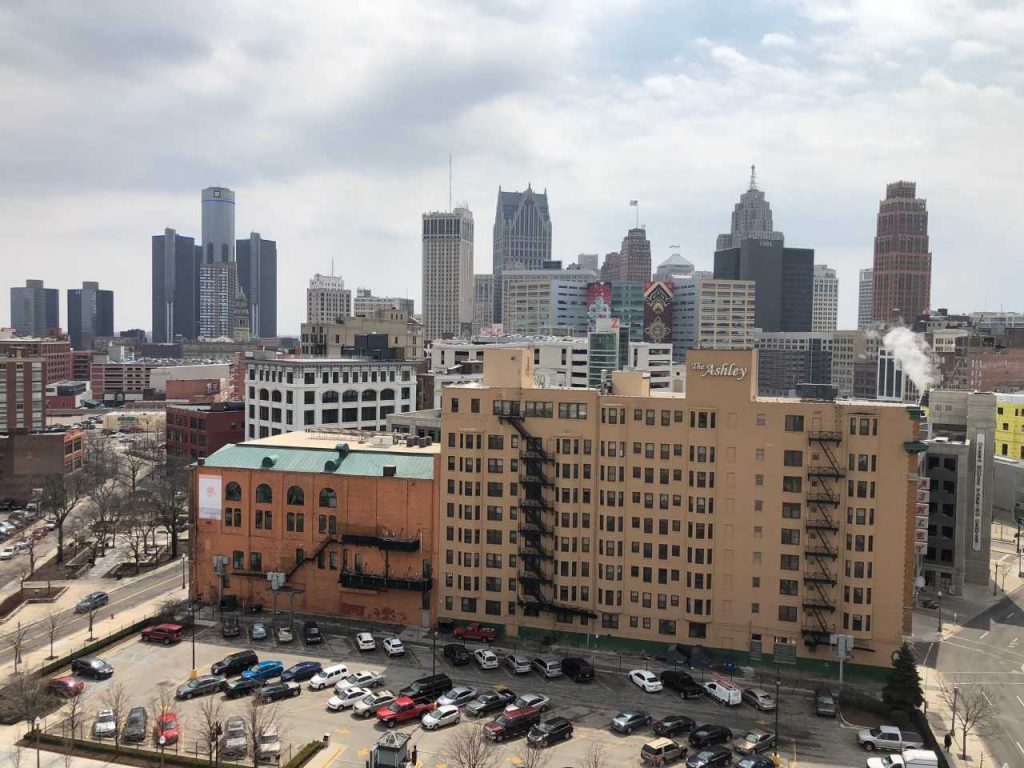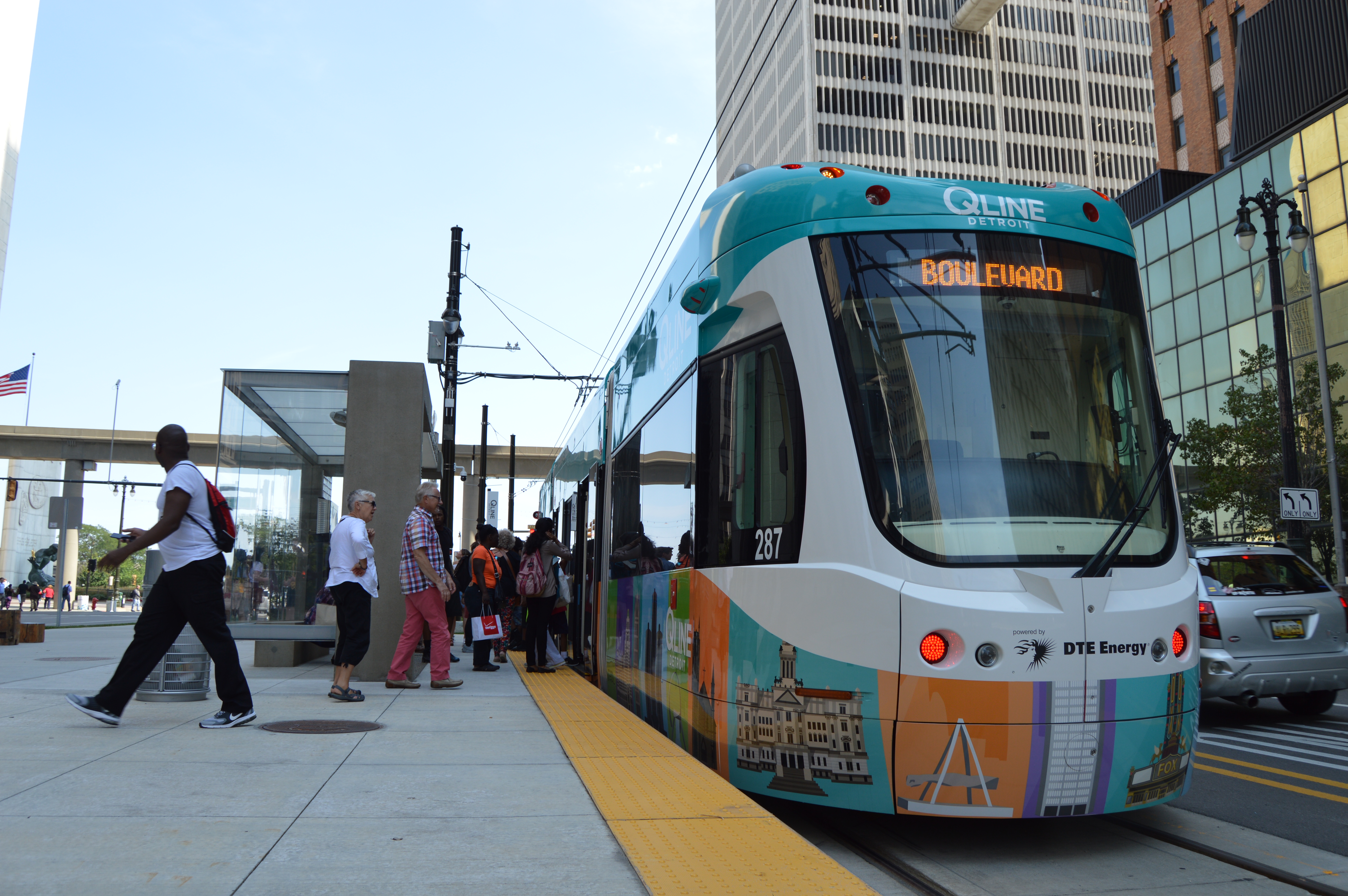Study: Detroit’s Recovery Is Real–Will It Last?
“Almost all of the indicators for Wayne County have turned positive…It’s actually one of the top performers in our economic index in this decade.”


The city of Detroit is officially out from under state financial oversight. That’s after a historic municipal bankruptcy, total state control under an emergency manager, and years of oversight by a state financial review board.
So now what?
Is Detroit positioned to keep growing while balancing its budget? Can the city attract the kind of talent and jobs that will allow it to grow into an economic powerhouse once more? And on a larger scale, what role could it play in America’s economy going forward?
A new study from the Brookings Institution says cities like Detroit and Flint also hold significant assets and that they are critical to renewing America’s economic promise going forward.
“Many of these cities…I think, going forward, are actually going to be even more important economic centers for that region of the country than they have over the past 40 or 50 years,” says Alan Berube, senior fellow and deputy director of the Brookings Institution’s Metropolitan Policy Program. Berube is the lead author of the report, “Renewing America’s economic promise through older industrial cities.”
“Almost all of the indicators for Wayne County have turned positive (in recent years),” says Berube. “It’s actually one of the top performers in our economic index in this decade.”
That being said, the report still lists Detroit as a “vulnerable” city.
“Still, because it fell so far in the 2000s and in many of the decades before that, it falls into this sort of vulnerable category…The recovery, I think, still is precarious with the long sweep of history. And whether or not it can persist if and when the national economy undergoes another downturn I think is still an open question.”
Click on the audio player above to hear the full conversation.
